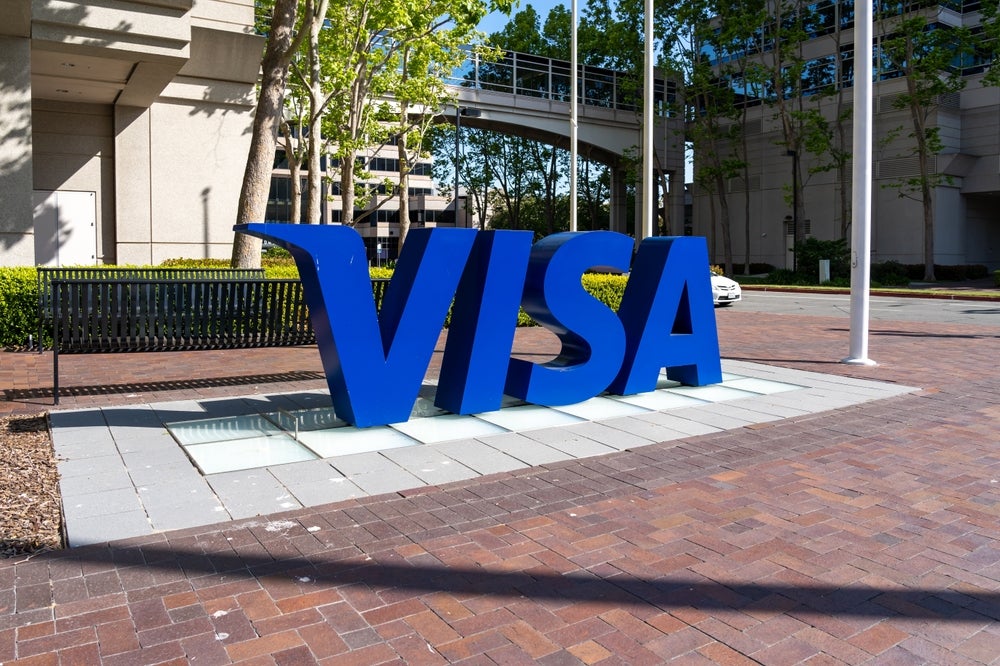We are in the grip of a global fraud epidemic. The numbers are staggering. According to the latest Federal Trade Commission (FTC) data, fraud losses in the US reached $12.5bn in 2024, surpassing the $10.3bn figure in 2023 by over $2bn. UK Finance’s 2024 Fraud report highlighted that almost £1.2bn was lost to fraud in 2023, with a 12% jump in the number of Authorised Push Payment (APP) fraud cases.
Across the pond, data from the National Crime Agency shows fraud is now the most common crime in the UK, accounting for 41% of all offenses recorded in England and Wales.
But more than those eye-watering financial losses, the losses also lead to erosion of trust and confidence in our digital world. This is a global success story for fraudsters and a travesty for the rest of us.
A widening threat landscape and fraud losses rising
The shift to real-time payments, with more sophisticated cybercriminals exploiting the instant and irreversible nature of these transactions, coupled with increasingly sophisticated AI tools available to criminals, has fuelled a surge in scams.
Impersonation and romance scams are particularly insidious, often exploiting vulnerable individuals and resulting in devastating losses. In the US, our research highlighted that they cause the most significant financial impact of any scam, with average losses estimated at $2,000. Shockingly, over 60,000 romance scams were reported in 2023, with scammers often manipulating victims for an average of almost four transactions—nearly twice as many as other scams.
Deepfake technology now allows fraudsters to create convincing personas, making detection harder than ever for consumers. Scammers would previously avoid using video calls to prevent revealing their physical features and identities to their victims. They can now use deepfake tools to hide their identity and create a new persona.

US Tariffs are shifting - will you react or anticipate?
Don’t let policy changes catch you off guard. Stay proactive with real-time data and expert analysis.
By GlobalDataBoosting consumer awareness – and confidence
As scams become more complex, our research has shown that almost six in ten people (57%) appreciate banks providing additional information on safeguarding against financial fraud. Yet despite the scale of the issue, there is still a significant social stigma around financial fraud.
Through our ‘Scam Detectors’ podcast, hosted by freelance tech journalist and podcaster Jane Wakefield, we’ve heard from a romance fraud victim who, despite being a savvy and smart individual, lost nearly $60,000 to a fraudster who she met on an elite dating app. Each episode covers a different type of scam impacting consumers globally, providing tips and useful insights. Each episode encourages listeners to think differently about who might be a victim of a scam – and to recognize that for fraudsters this is the day job, so they’re increasingly difficult to outsmart. In the series so far, we’ve delved into impersonation scams, phishing and deepfakes – there’s value for our industry in educating and removing this stigma.
The intersection of technology and collaboration
However, education will only get us so far.
The true battle against fraud will be won at the intersection of technology and collaboration. Financial institutions possess a wealth of behavioural data – our “superpower.” By leveraging this data with advanced AI, we can proactively identify and prevent fraud in real-time, catching the abnormal by understanding the normal.
The results are clear. We’ve seen significant success stories: NatWest improved scam detection by 135%, and Eika Gruppen in Norway reduced phishing losses by 90% using AI-native platforms. A top digital US bank led to a 75% reduction in potential fraud losses.
At the end of the day, banks are protecting balance sheets and people – ensuring that funds stolen don’t facilitate human crime and create more victims. By being truly customer-centric and embracing cutting-edge AI, the financial industry can collectively turn the tide on fraud, making the world a safer place to transact for everyone.
Jason Blackhurst is Global Head of Featurespace and Acceptance Risk Solutions, Visa









